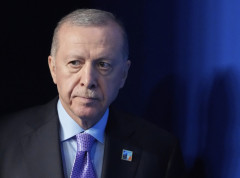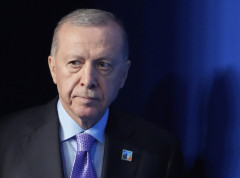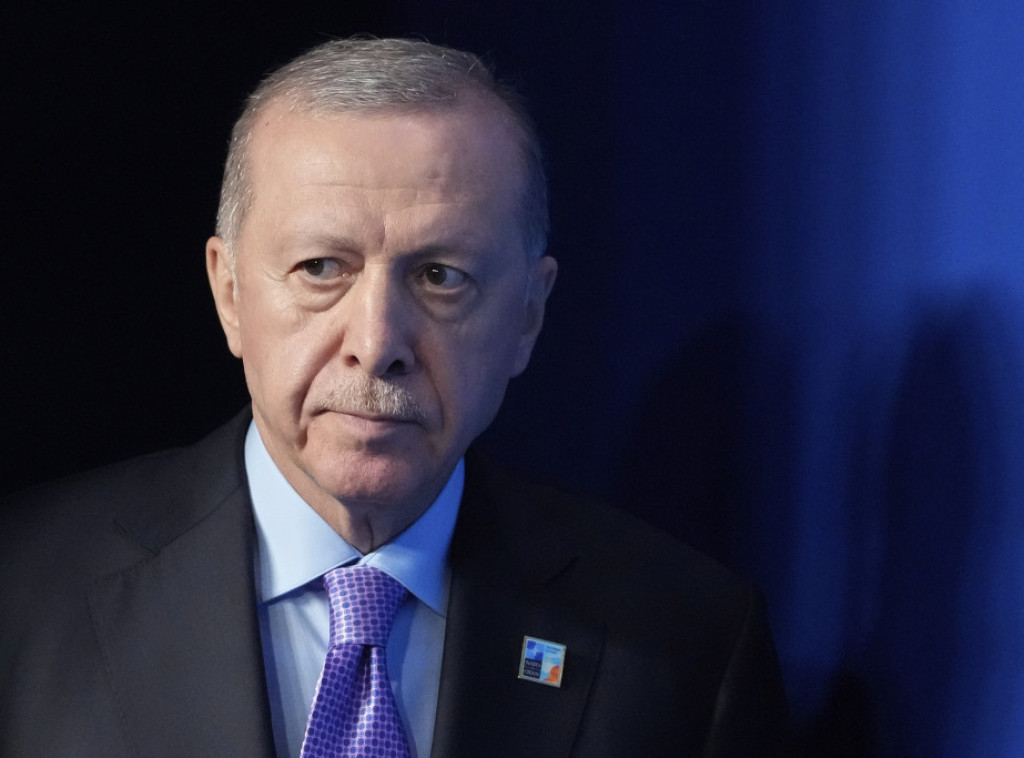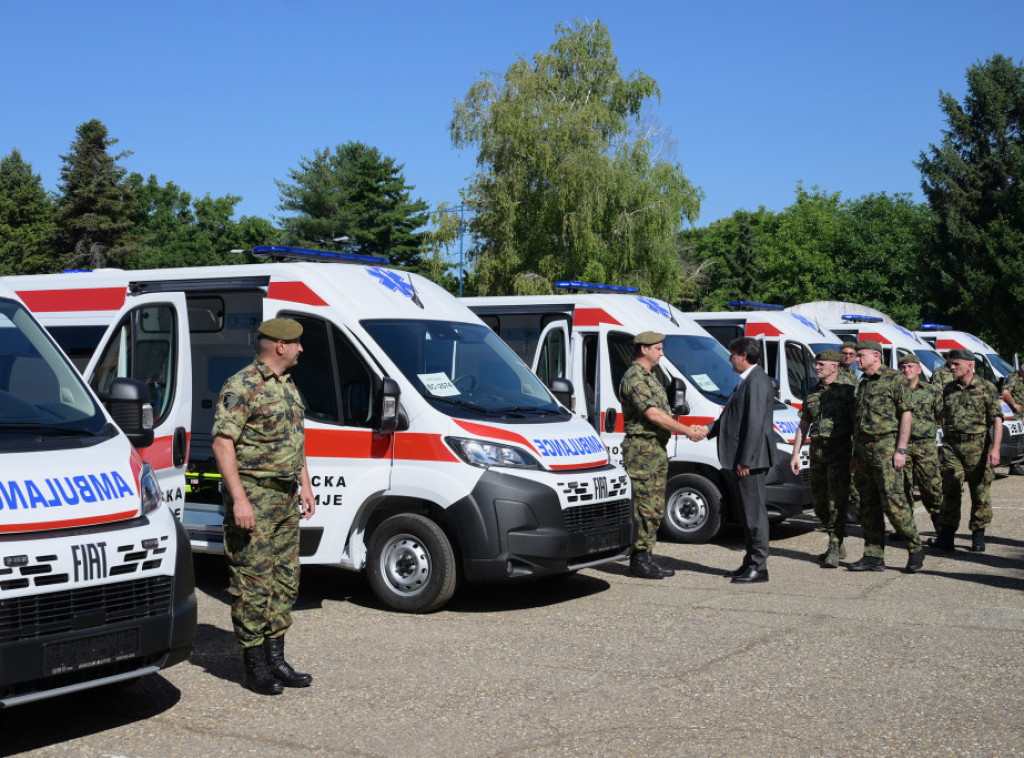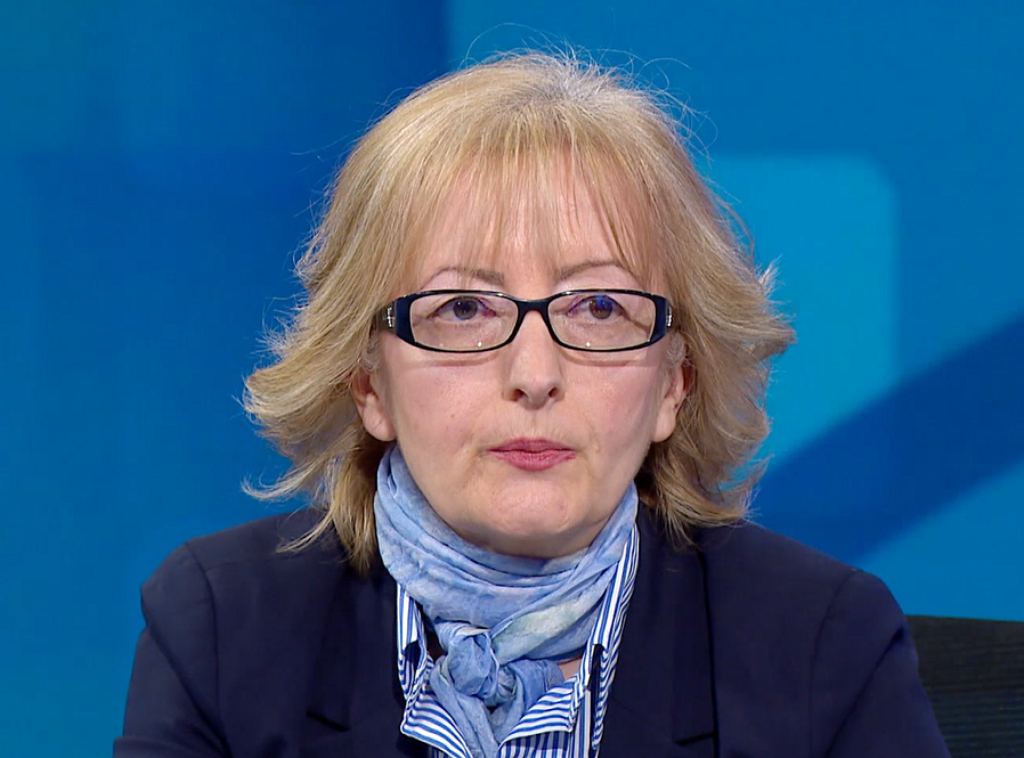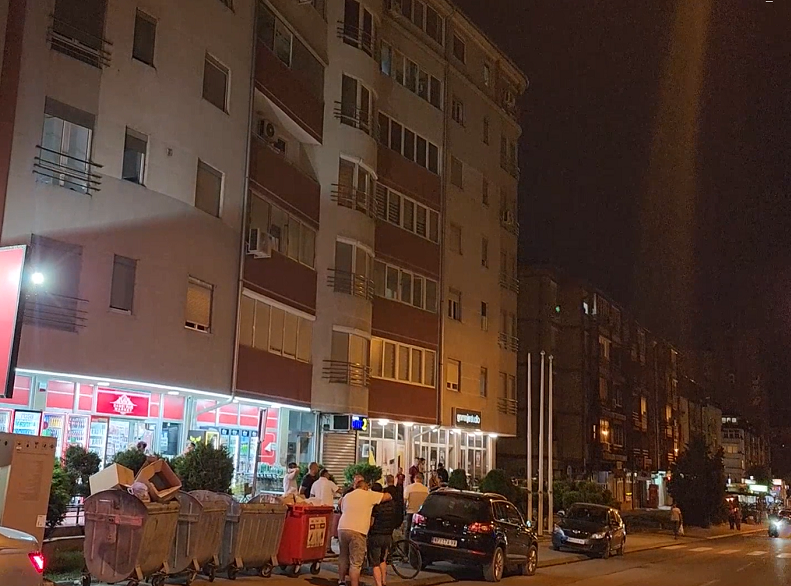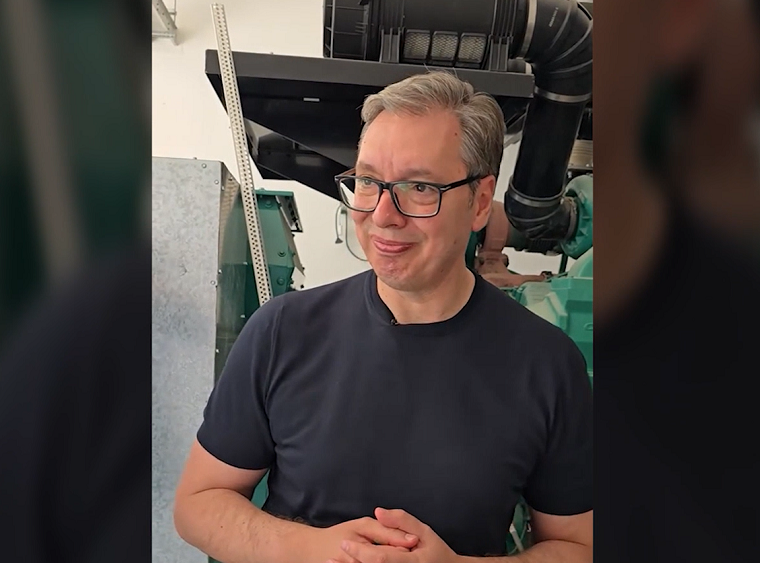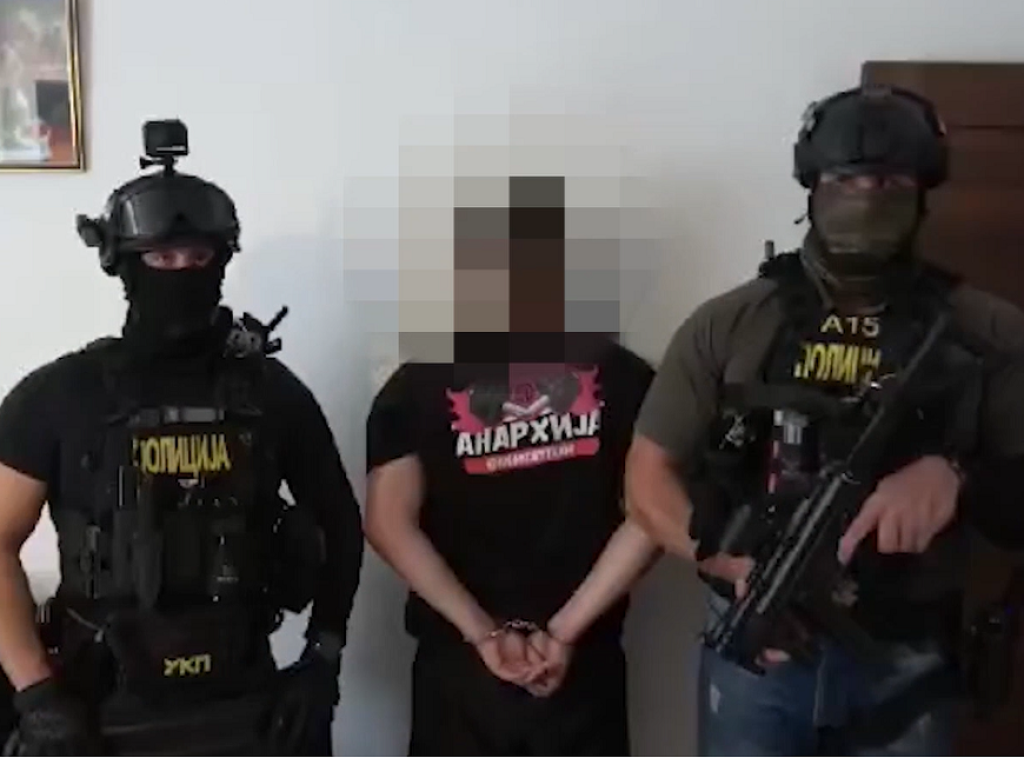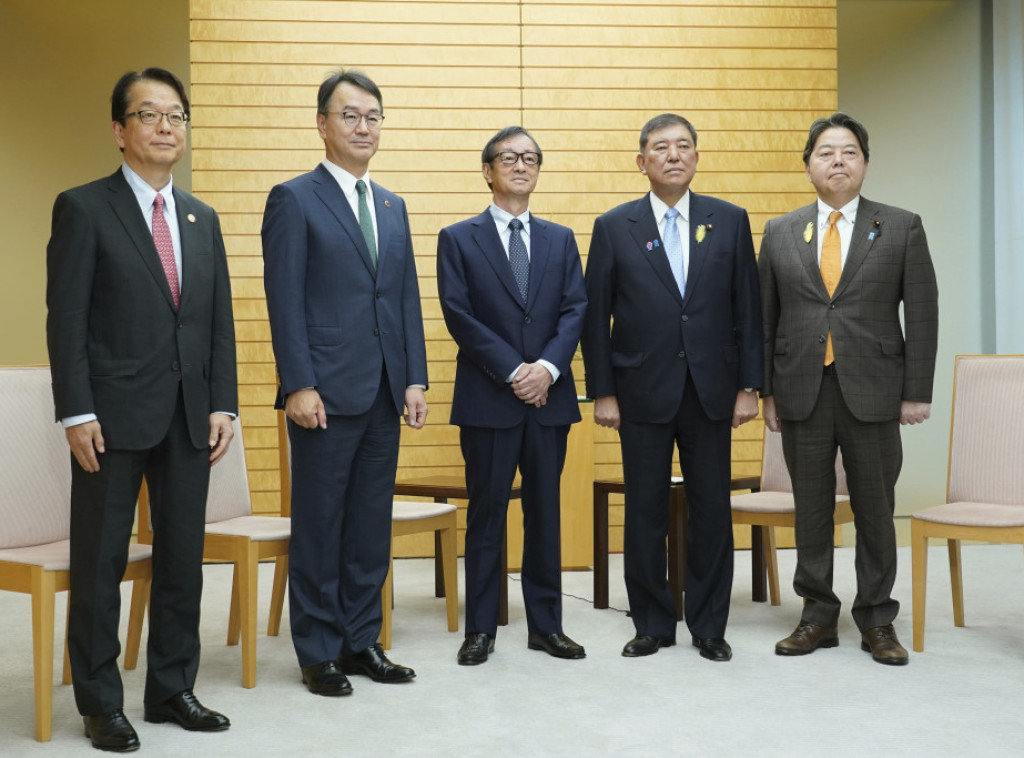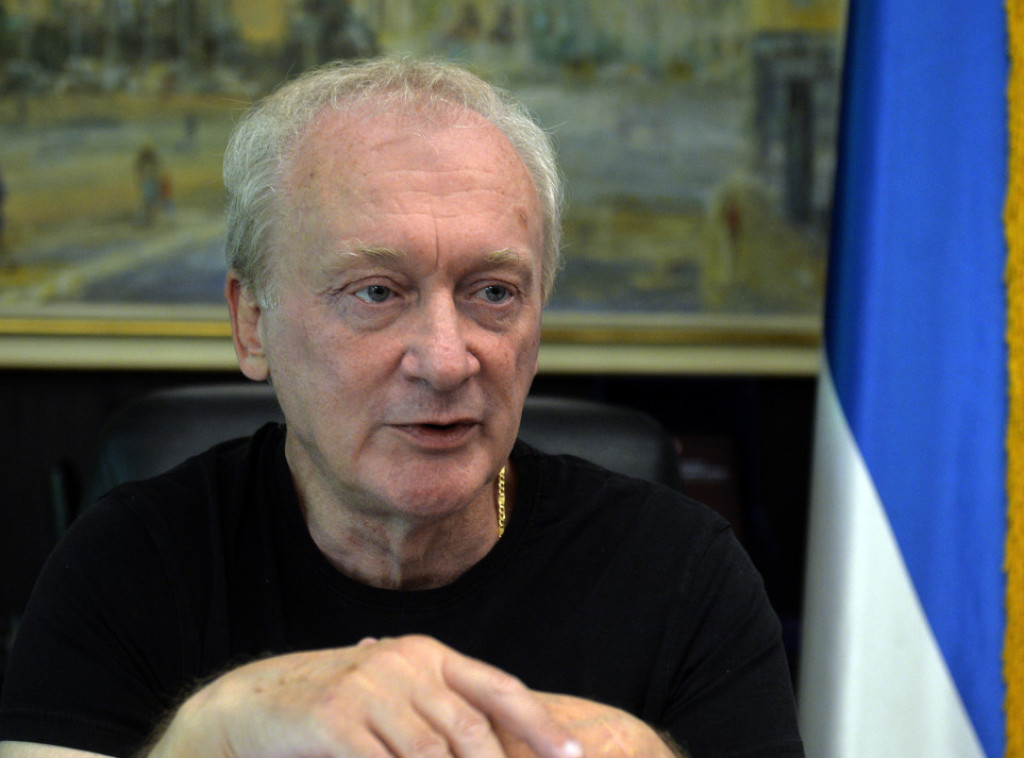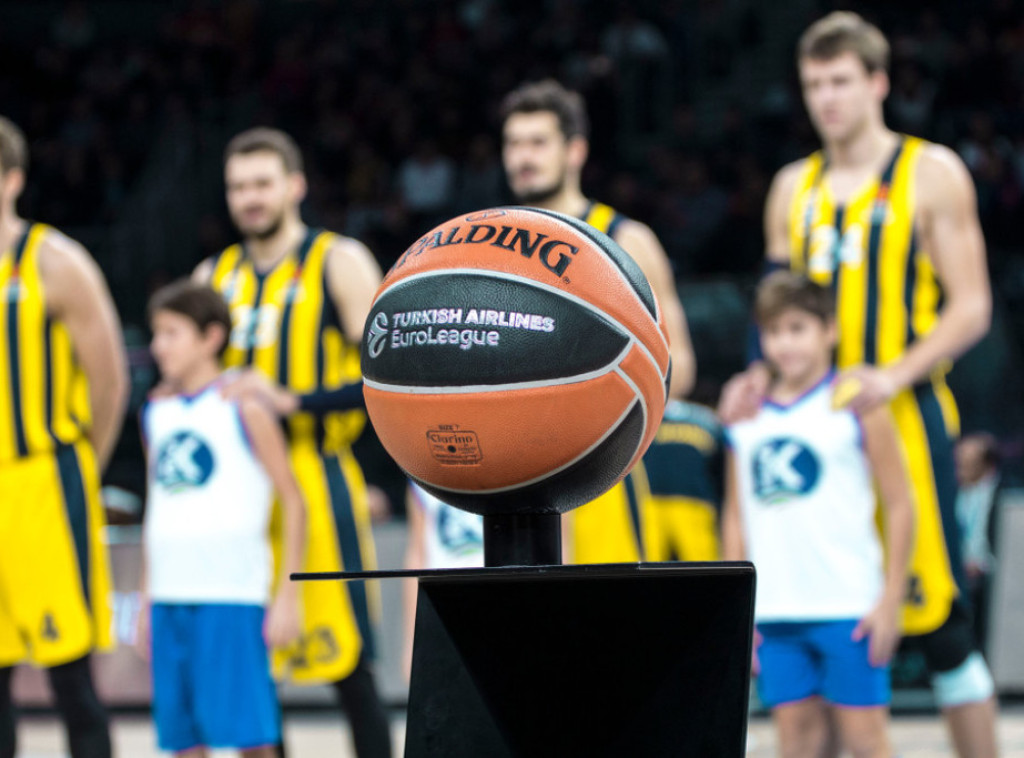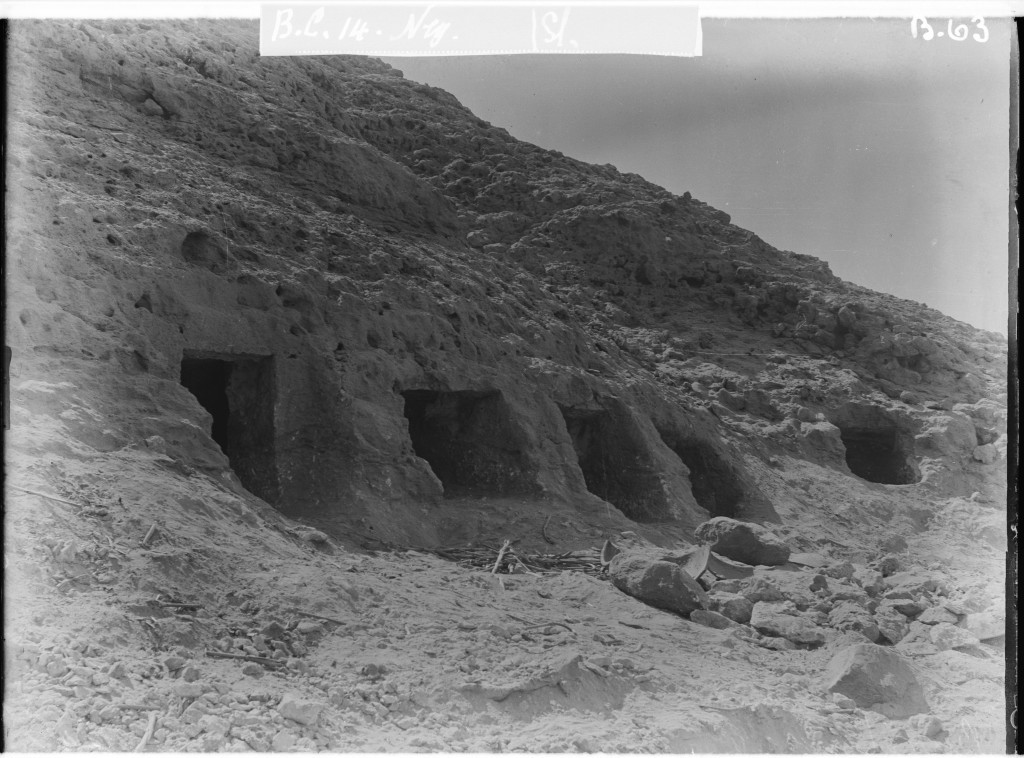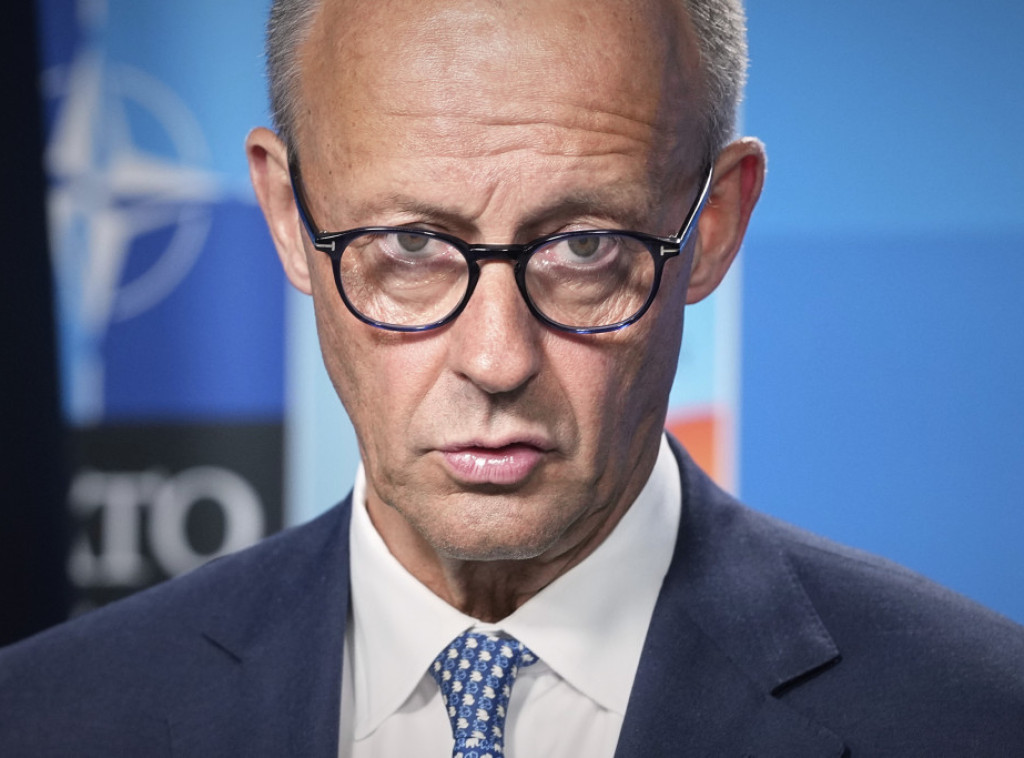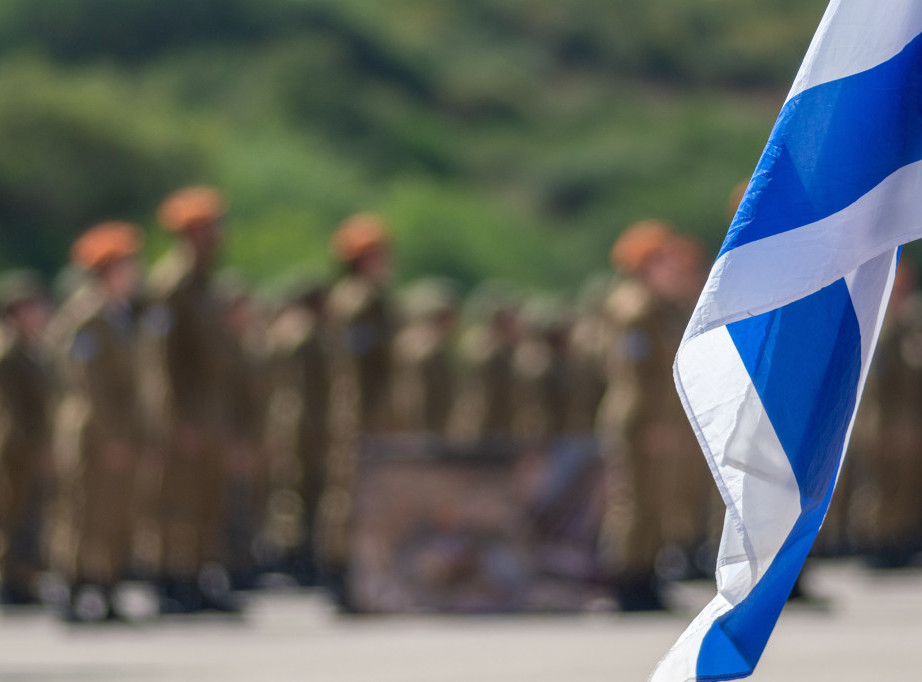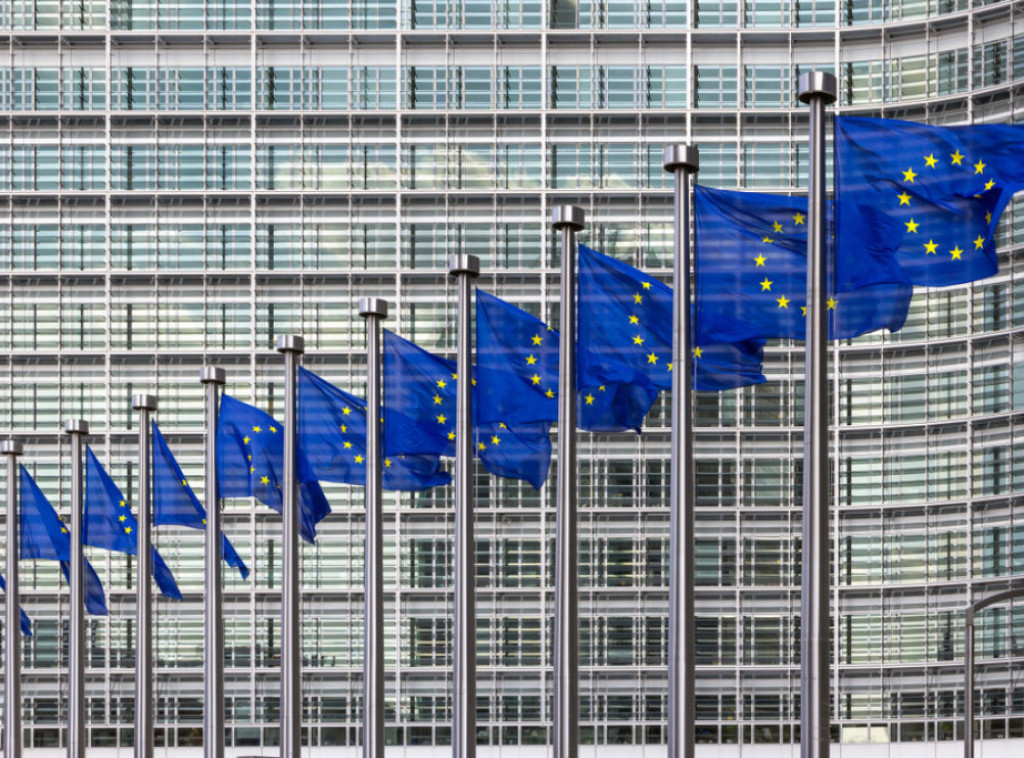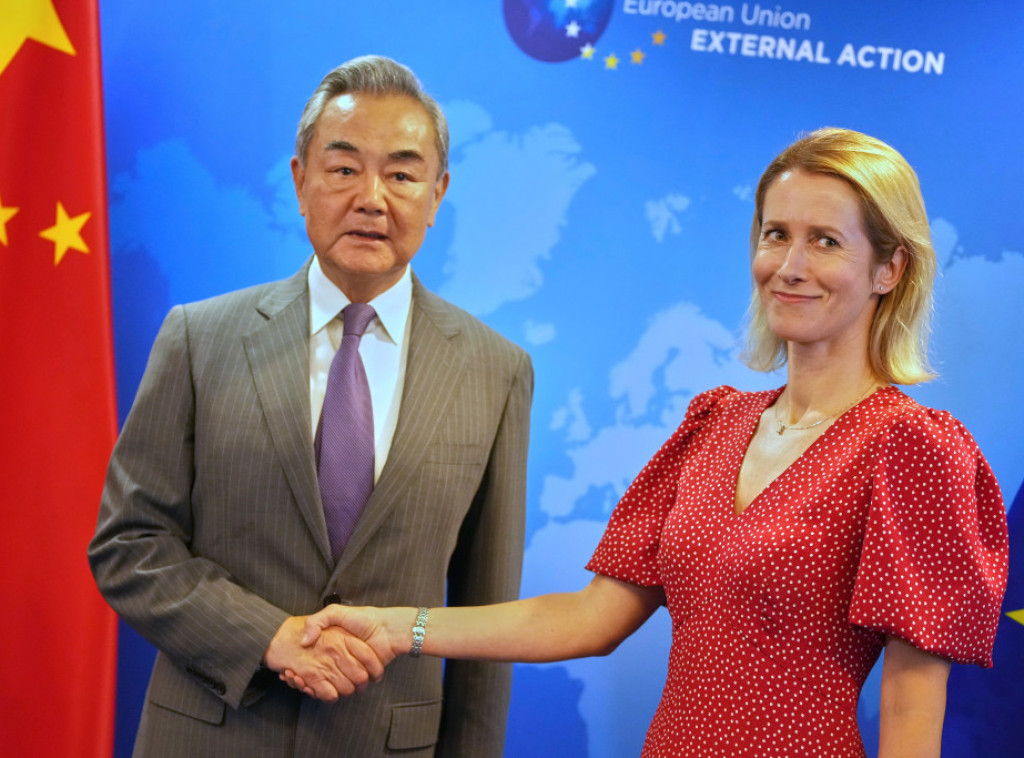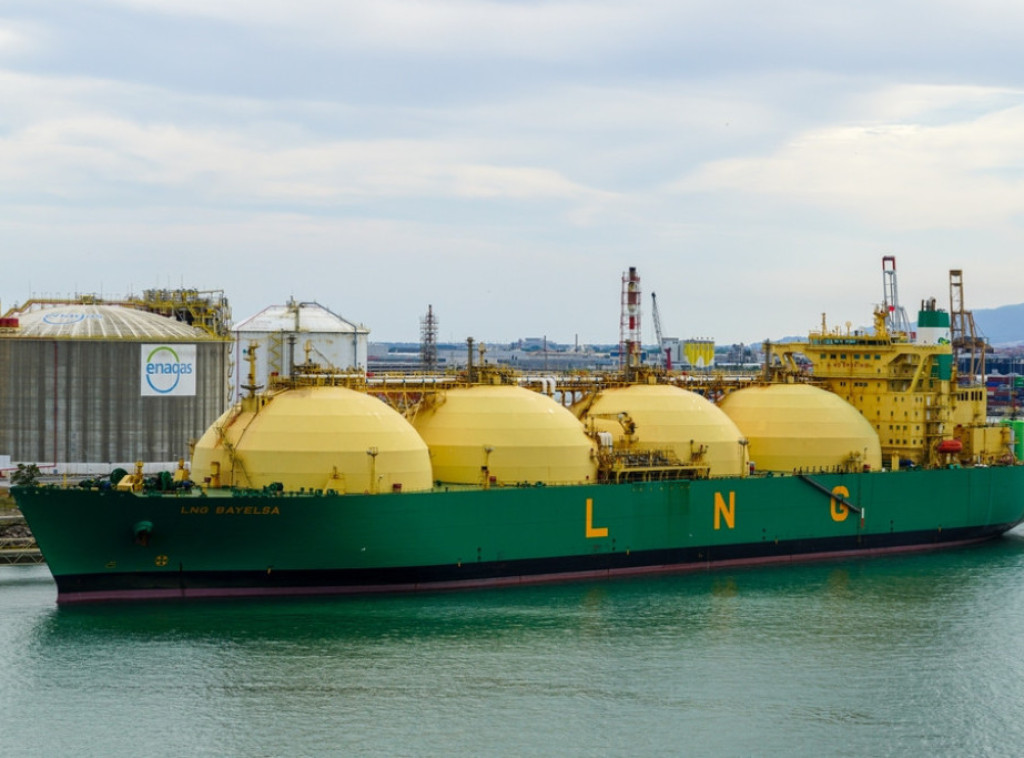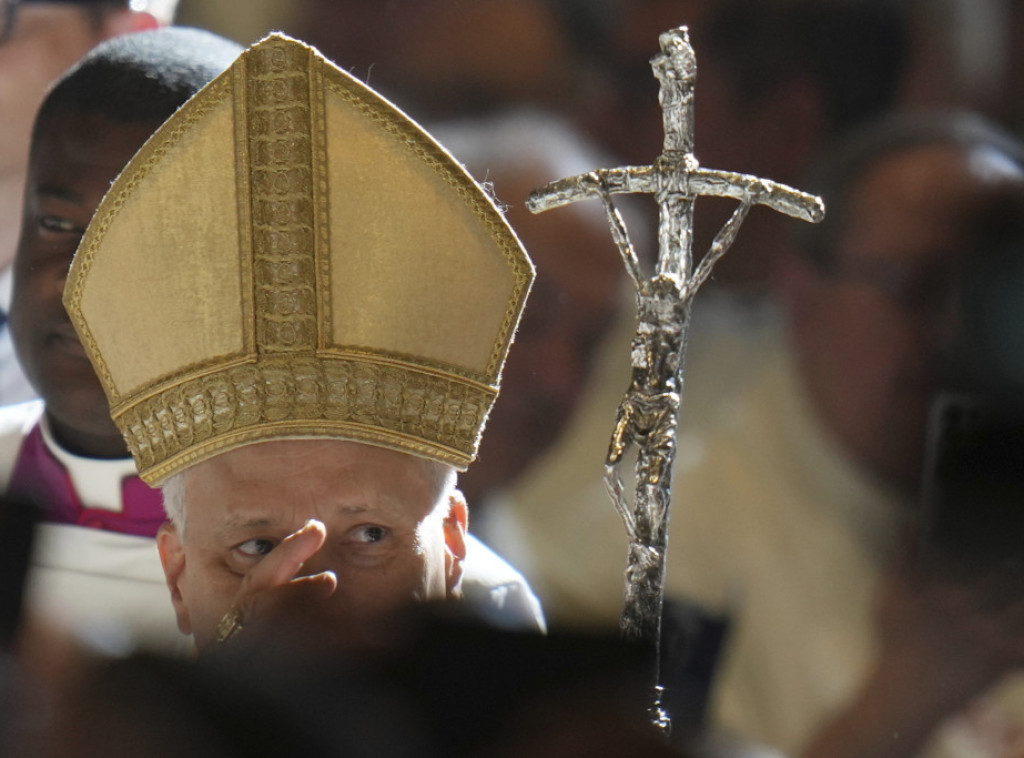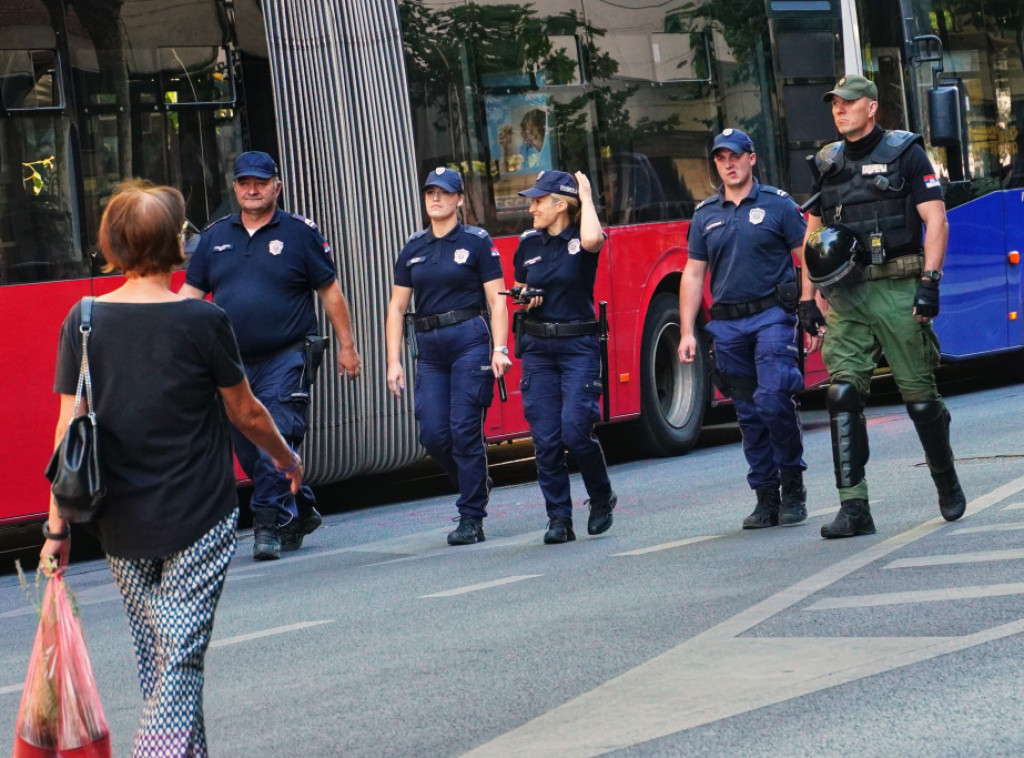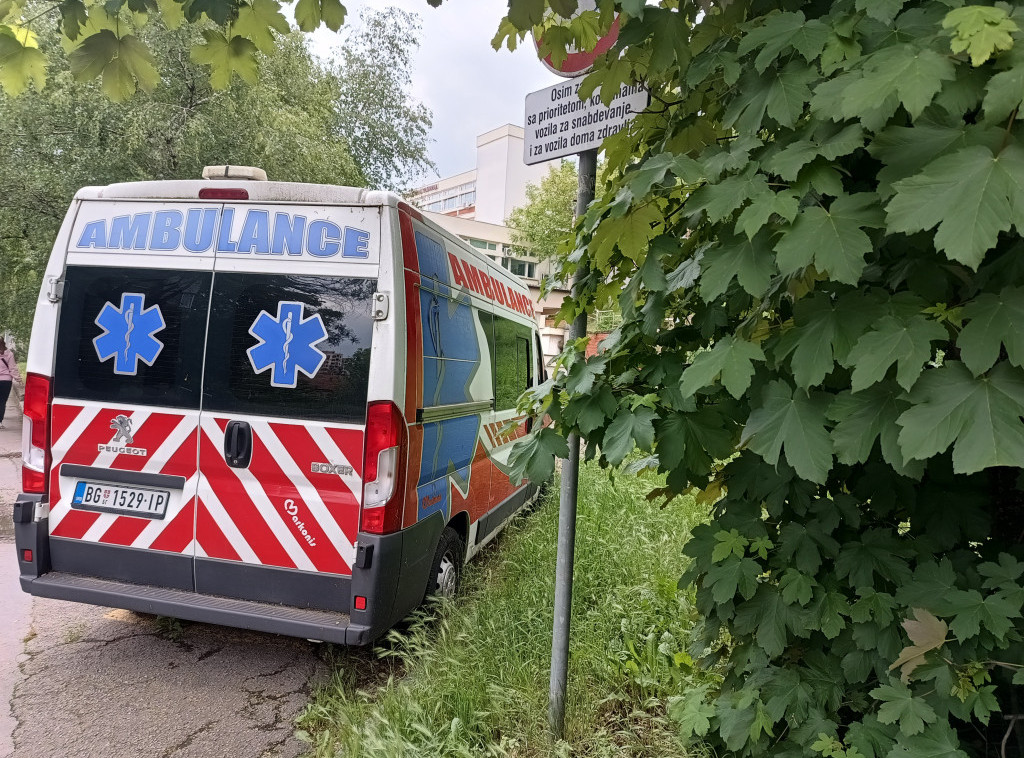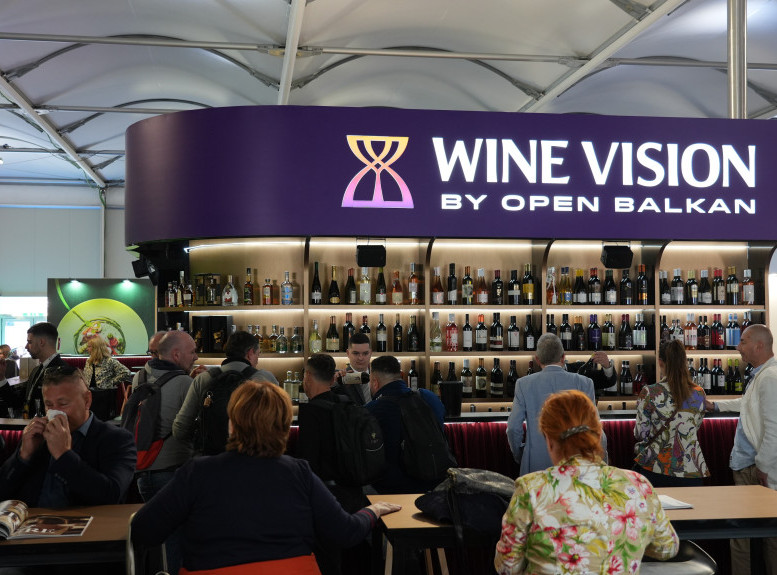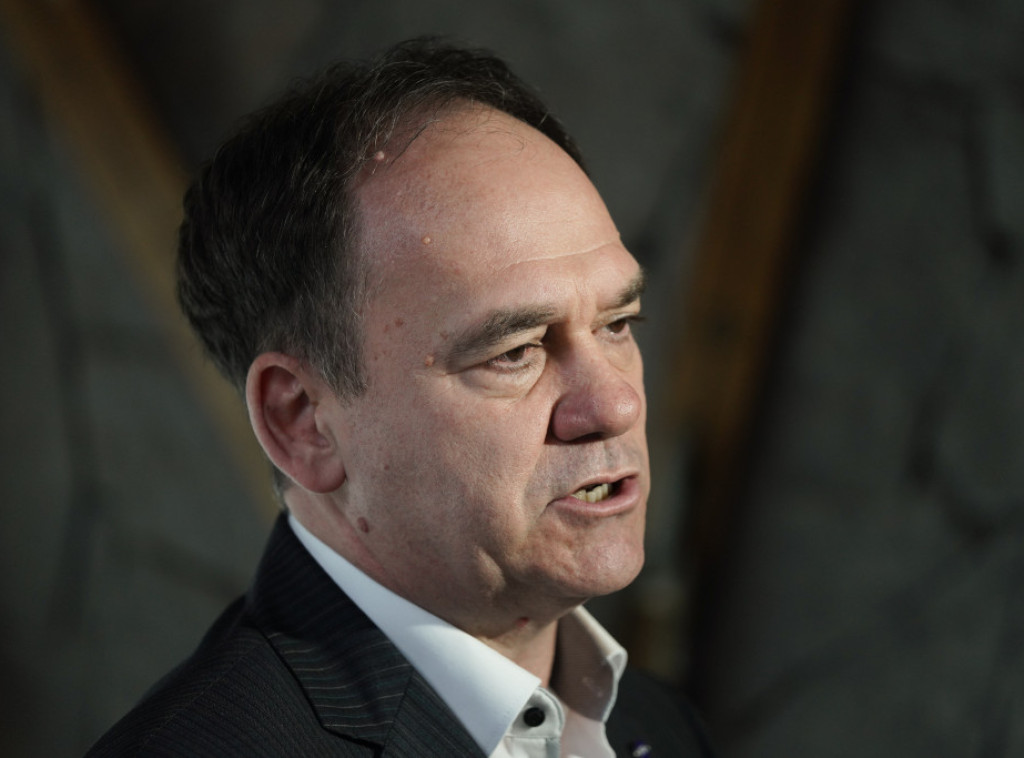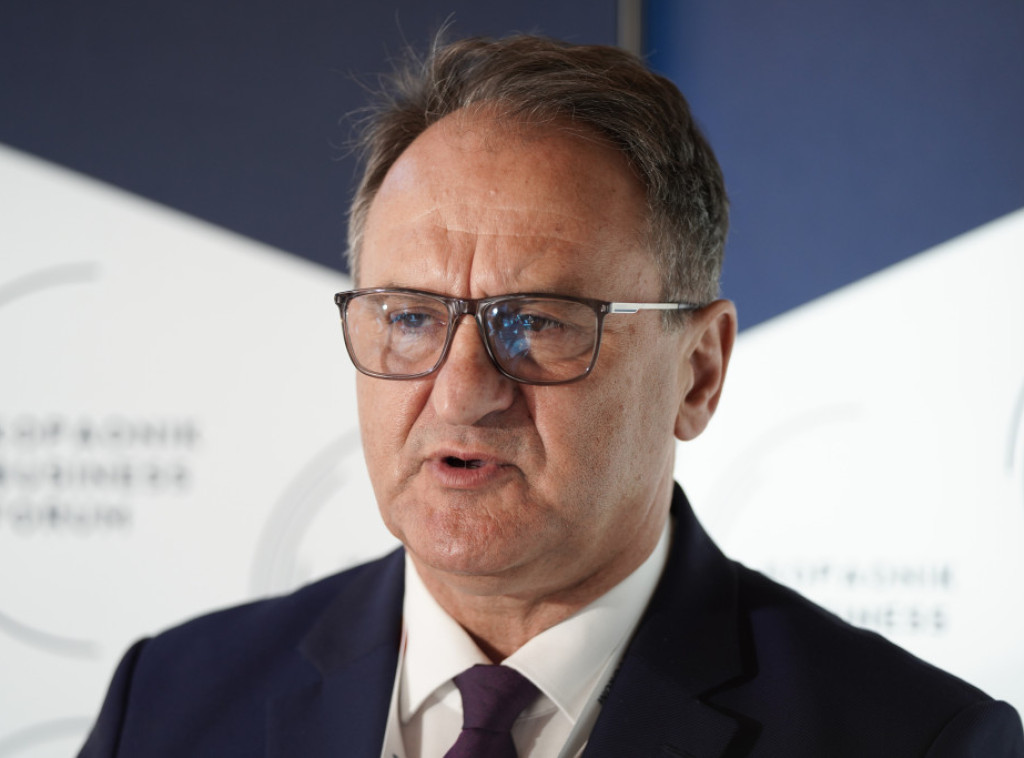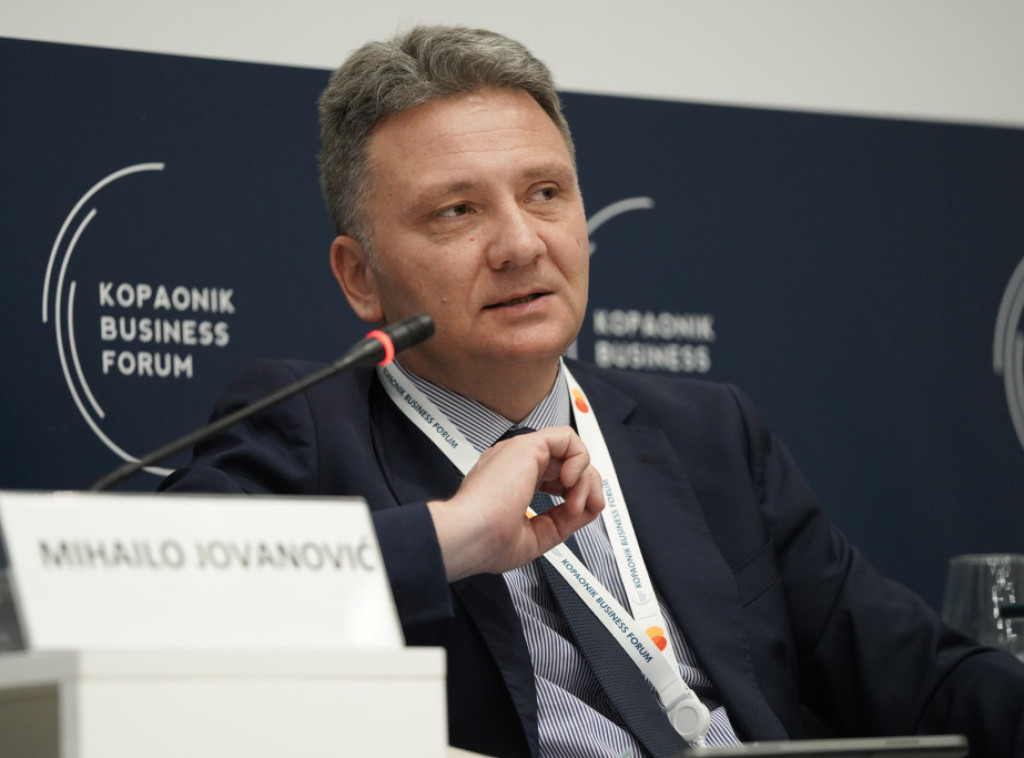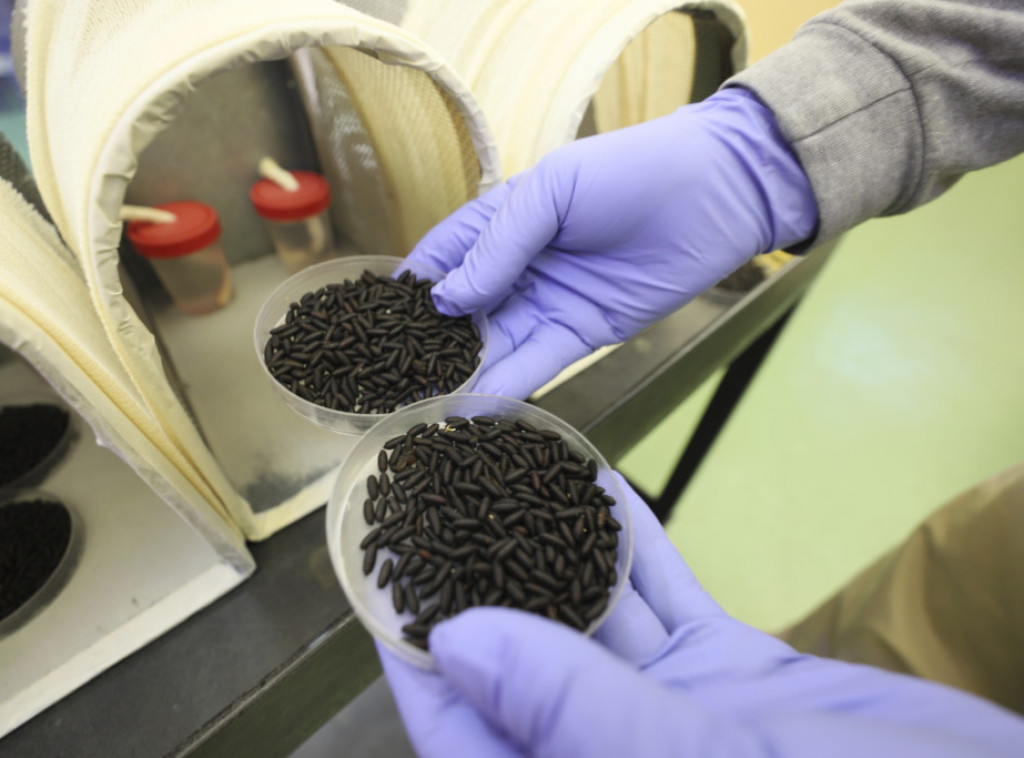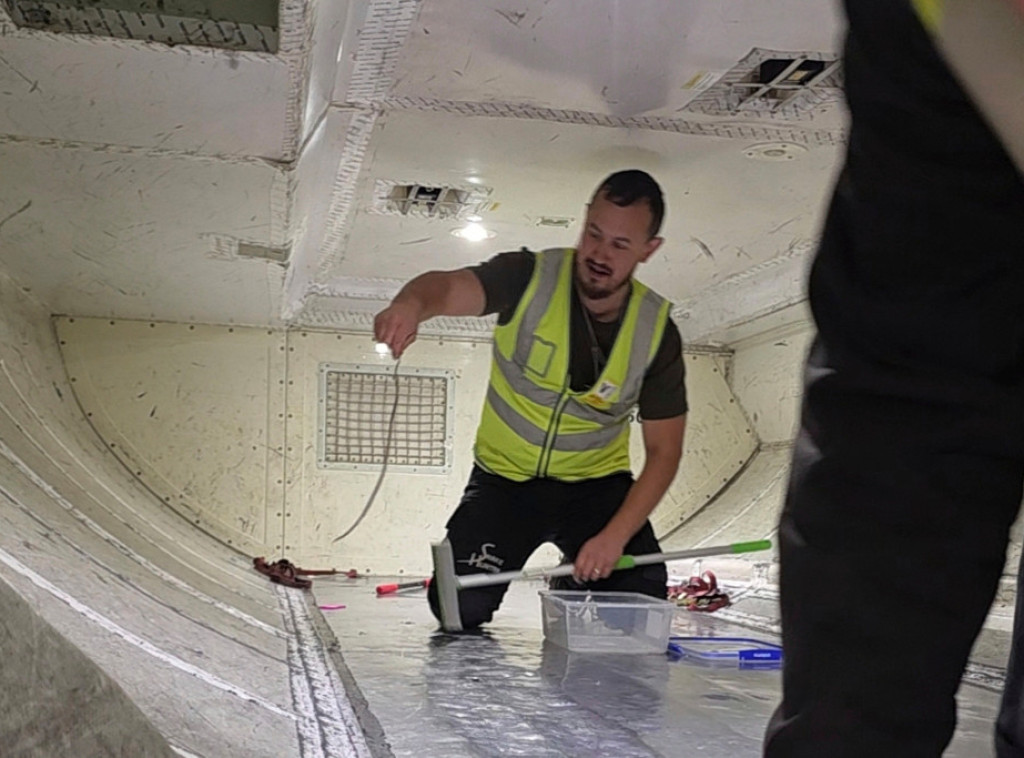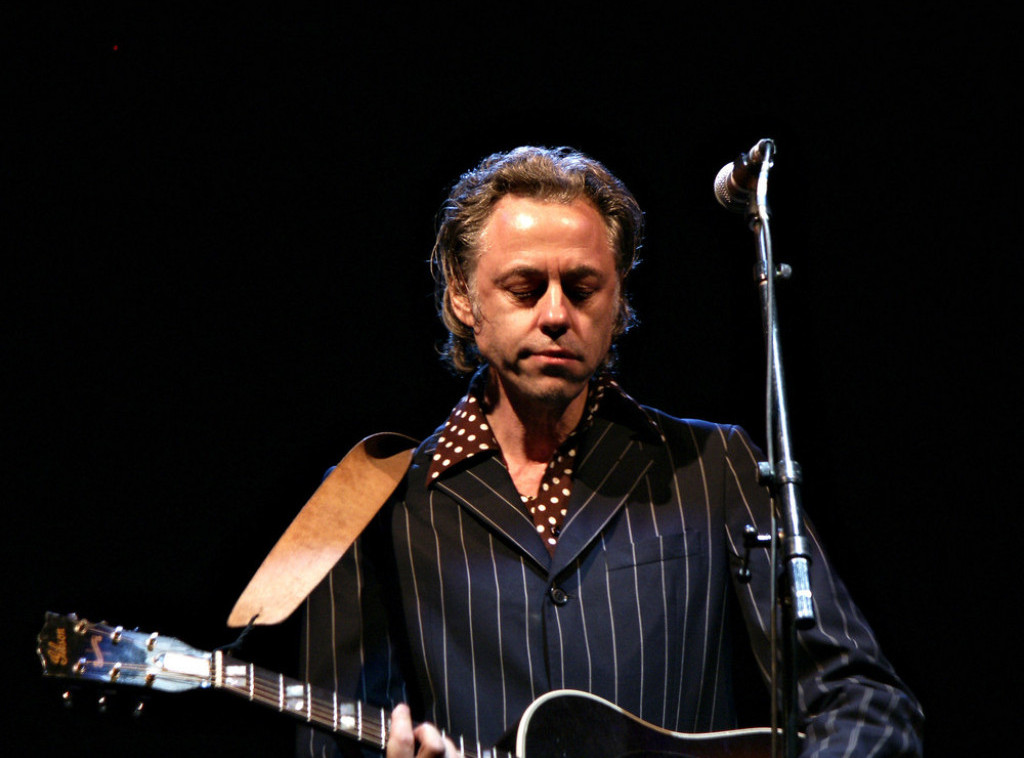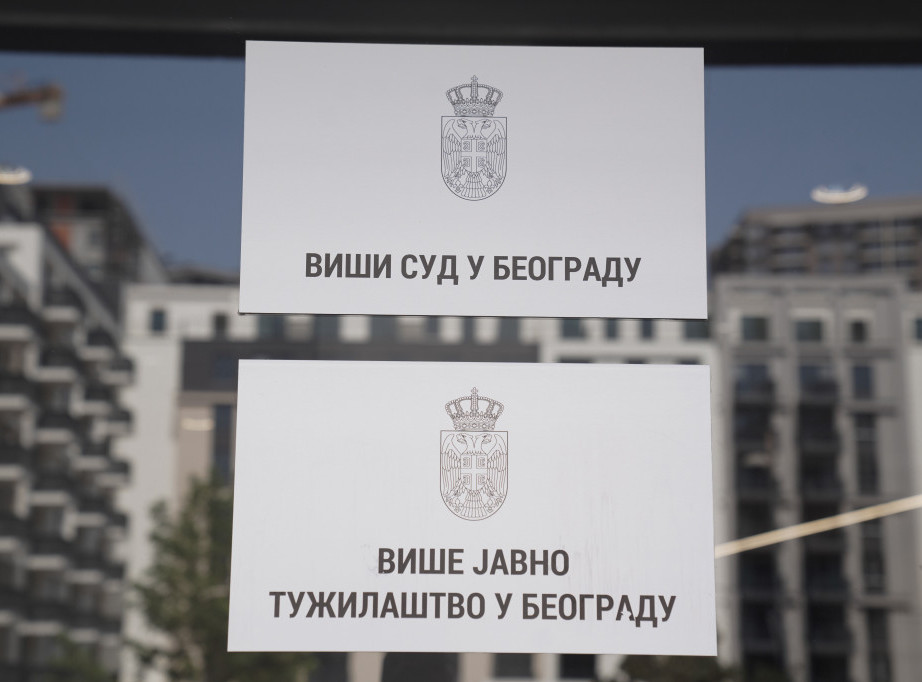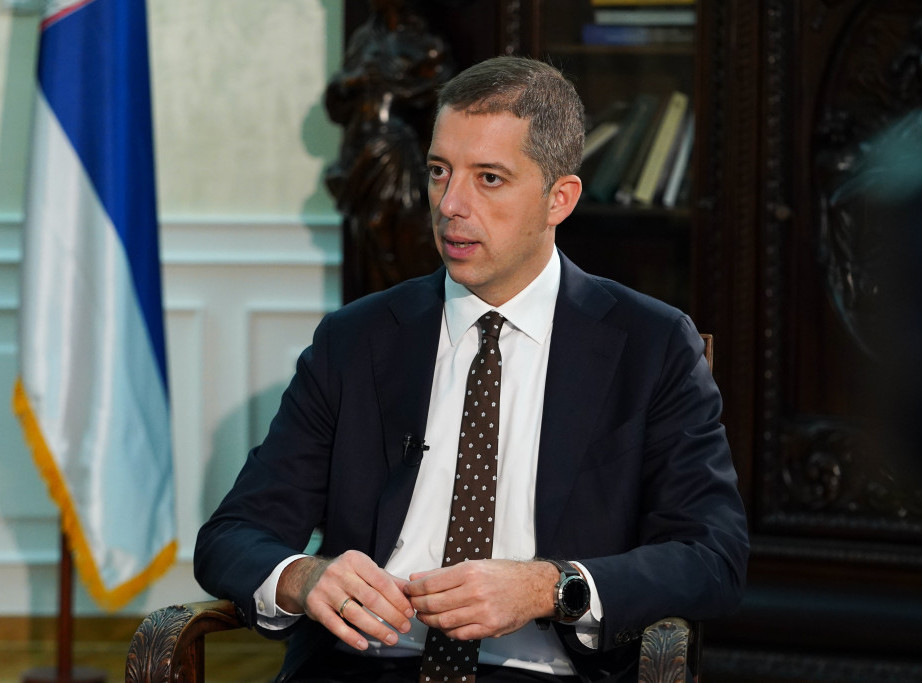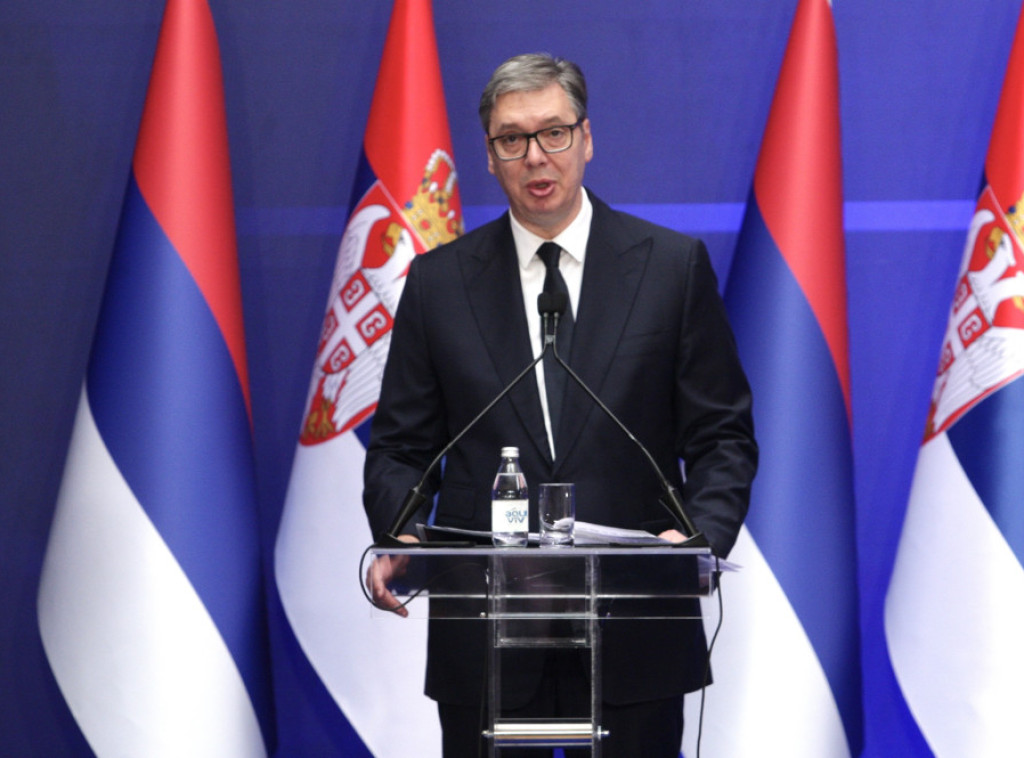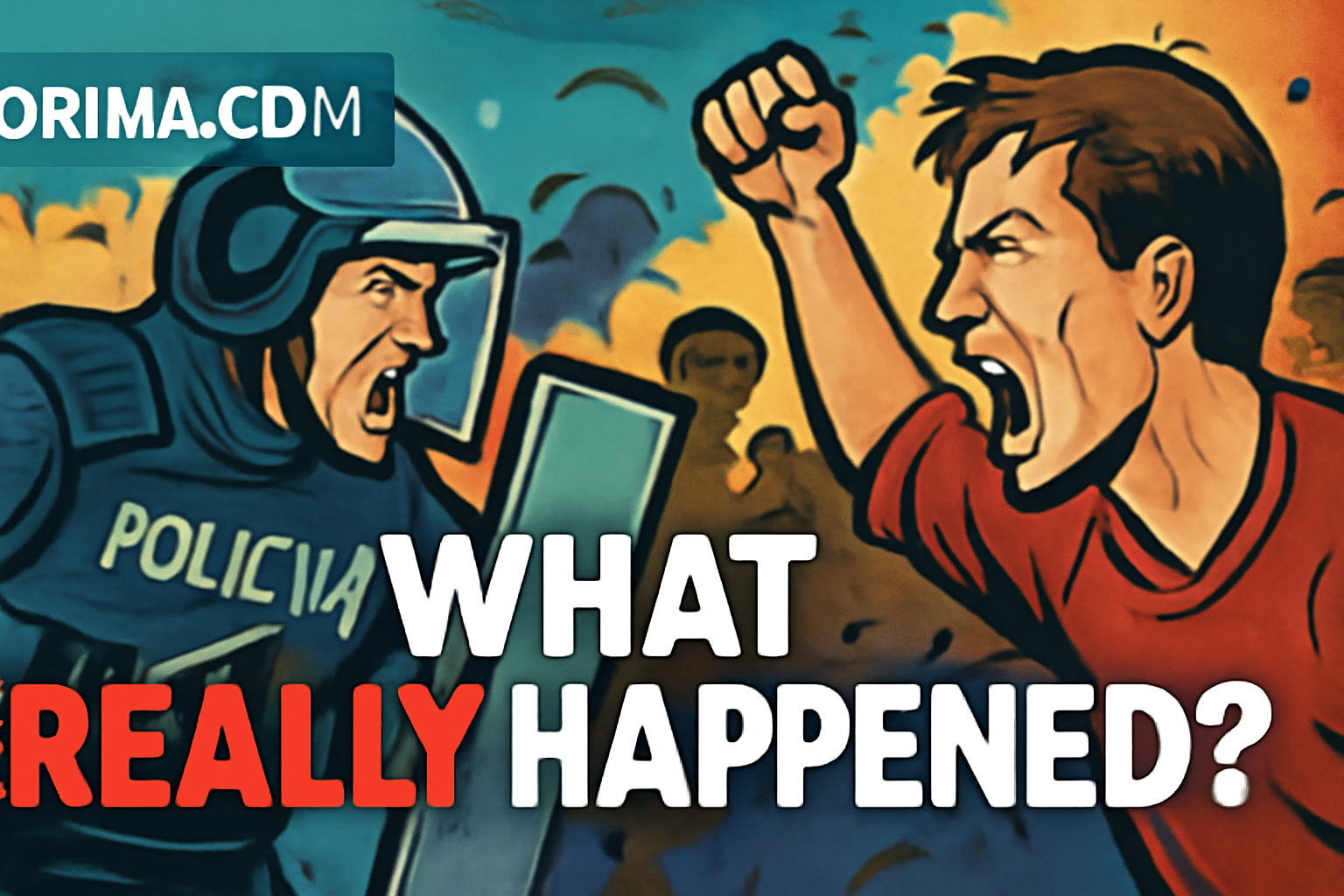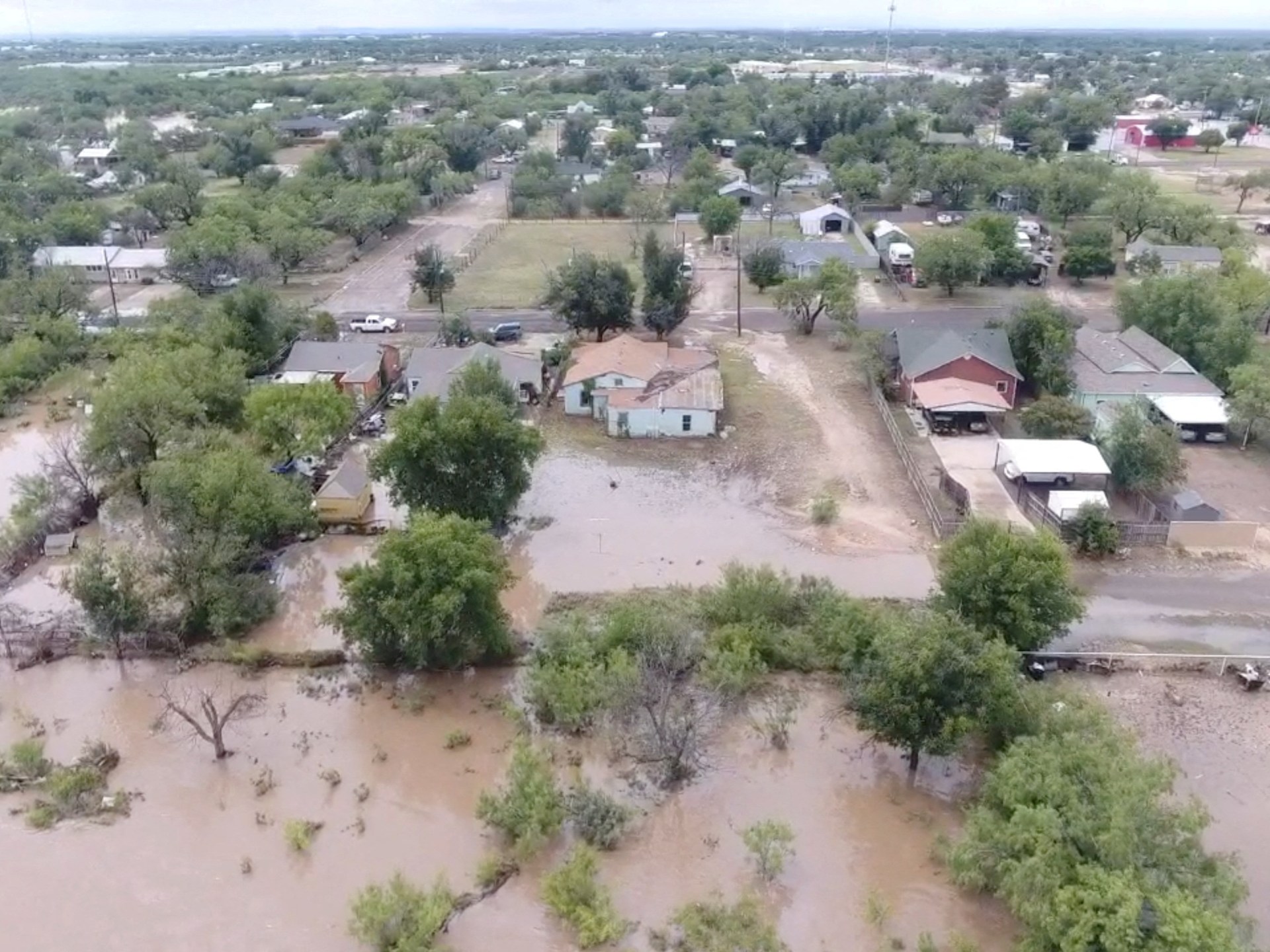Dear readers, brace yourselves for some serious political drama! Turkish President Recep Tayyip Erdogan has officially announced that Ankara will host the NATO summit in 2026. Yes, you read that right – the capital of Turkey will welcome the leaders of the world’s most powerful military alliance in July, where crucial decisions that could reshape the geopolitical landscape are expected.
But it’s not all smooth sailing. Erdogan emphasized in his address to the nation that Turkey remains steadfast in its fight against terrorism, especially against the PKK, which both Turkey and the European Union classify as a terrorist organization. This group has been responsible for the deaths of over 40,000 people, including women and children, during its 40-year campaign of violence. Erdogan warned that certain elements within the country are attempting to sabotage progress in this fight, but Turkey will not fall into their traps.
Meanwhile, on the European stage, Denmark has taken over the six-month rotating presidency of the Council of the European Union, with an ambitious agenda to strengthen security, competitiveness, and support for Ukraine. Danish Prime Minister Mette Frederiksen highlighted that Europe is at a decisive moment, and freedom and prosperity cannot be taken for granted. Denmark plans to focus on bolstering EU defense, tackling illegal migration, and supporting the green transition.
These two events – the NATO summit in Ankara and Denmark’s EU presidency – are unfolding amid major geopolitical shifts and challenges. While Erdogan holds a firm stance against terrorism and prepares the ground for key NATO decisions, Europe struggles to remain united and strong in a rapidly changing world.
Will the NATO summit in Ankara bring stability or new tensions? How will Denmark handle pressures within the EU? And what does this mean for us in the Balkans? Share your thoughts, because this is just the beginning of a big political game!







